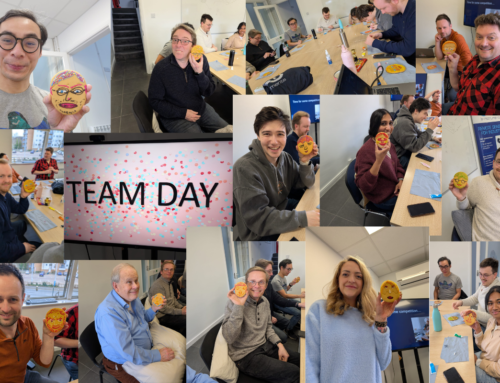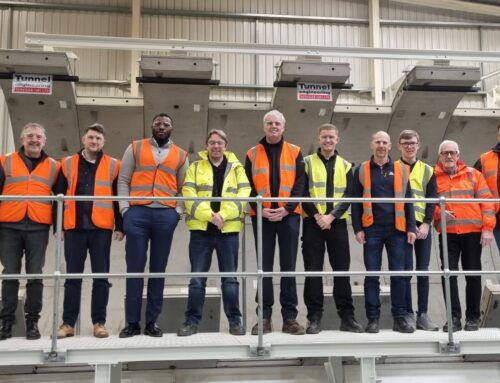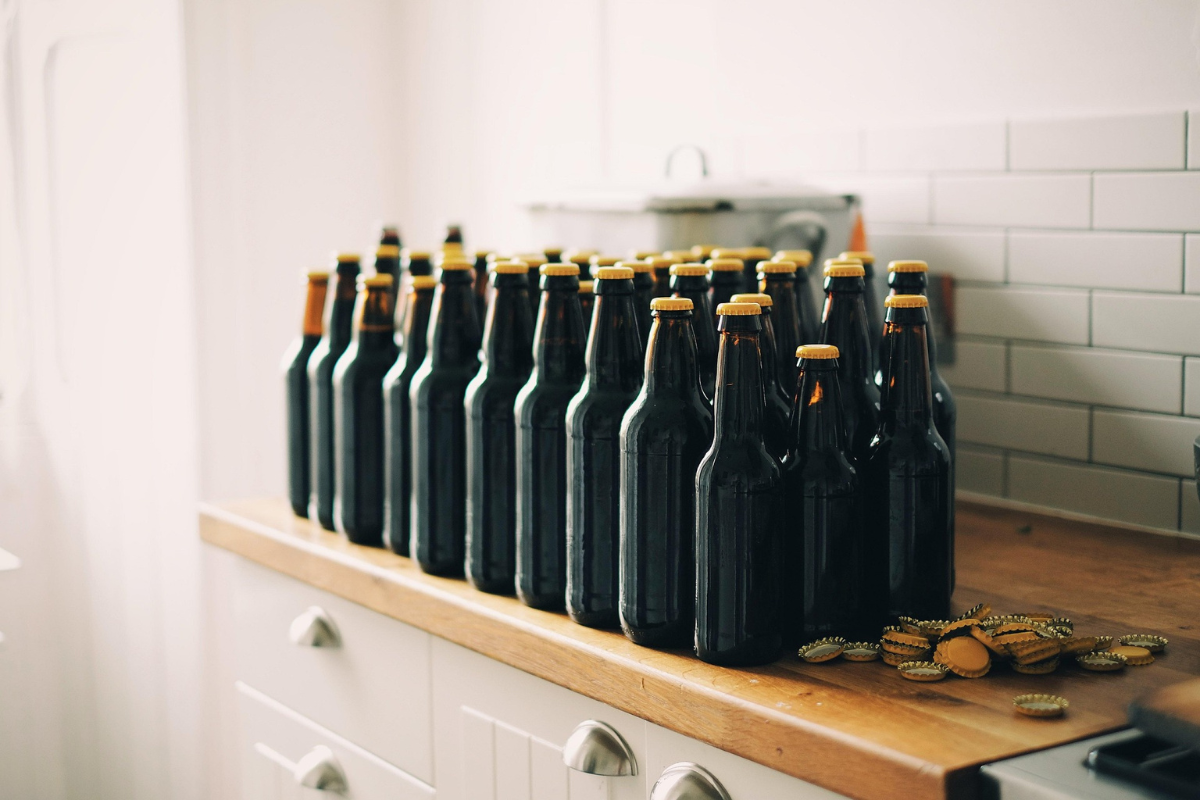
Detecting defects in dark glass is a considerable challenge, but successful detection offers notable environmental and economic benefits. In late 2024, through the Tenfold NetZero Accelerator, i3D robotics (i3D) collaborated with Encirc & Glass Technology Services to tackle this problem in glass manufacturing, where opacity hinders quality control. Using i3D’s advanced machine vision technology, the project produced a prototype system capable of transforming inspection processes. This will result in cost savings and a reduction in the carbon footprint.
Background
The Tenfold NetZero Accelerator was launched in November 2023 through a partnership between Northern Ireland’s Department of Agriculture, Environment and Rural Affairs (DAERA) and the Digital Catapult. This 14-week challenge brought together industry partners based in Northern Ireland with deep-tech SMEs from across the UK. Each industry partner identified a specific Net Zero challenge. Tech providers received £20,000 in commercial funding to develop proof-of-concept solutions using advanced technologies, including AI, machine learning, IoT, 5G, and photonics. Solutions were developed in close collaboration with Digital Catapult’s expertise and culminated in a public showcase event attended by investors and sector stakeholders. The pilot is the first of its kind launched under DAERA’s Innovation Strategy in accordance with the Climate Change (Northern Ireland) Act 2022, which aims to support greenhouse gas reduction targets and promote green growth. It seeks to demonstrate how technology can help accelerate decarbonisation across the agriculture and manufacturing sectors.
The Players
i3D robotics, headquartered in Kent, develops high-resolution stereo vision systems combined with AI-driven defect detection. The technology, built on a foundation of computer imaging and industrial expertise, aims to meet the most demanding inspection needs across glass, metal, and ceramic manufacturing. Encirc, which has three sites, including one based in Northern Ireland, is a global leader in sustainable glass container manufacturing, producing robust, high-quality containers for the food and beverage industry. Employing around 2,000 people and producing more than 3 billion glass containers for leading global brands each year, Encirc holds a market share of around 40% for container glass sales in the UK and ROI. Encirc has publicly committed to achieving Net Zero by 2030. Their commitment to innovation and decarbonisation makes them a key player in the UK’s drive towards sustainable industry.
The Challenge
Dark glass brings two significant challenges when it comes to defect detection:
- Traditional 2D inspection systems struggle to detect tiny internal defects or inclusions hidden in pigment-rich glass.
- Weight: These bottles must be thicker to ensure strength, compensating for any hidden defects that could cause the container to fail. This requirement increases material, storage, and transportation costs while also raising the carbon footprint.
Encirc aimed to find a solution that would enhance defect detection and support future lightweight bottle designs, thereby reducing costs and environmental impact.
i3D’s approach emphasises a simplified version of its stereo vision platform. It builds on technologies developed through multiple Innovate UK-funded programmes in collaboration with industry and research partners such as Glass Futures and Glass Technology Services. These technologies employ stereo vision cameras and proprietary stereo matching algorithms to generate depth-enhanced, high-resolution images of each bottle. By integrating this with a defect database, the system can identify minor yet problematic defects that are invisible to traditional inspection methods.
Dr Richard French, Innovation Lead at i3D, said:
The timing was ideal because we had extensive R&D experience in inspections under our belts. We understood many of the issues related to glass inspection and had a well-established relationship with the UK’s glass experts. Additionally, we were building on longstanding work in defect detection within the metals and castings manufacturing sector, and the ceramics sector benefited from our leadership of the three-year IRIFIO (Intelligent Robotic Inspection for Foundation Industry Optimisation) project. With the short duration of this project, it truly focused our minds on developing a simple, low-cost solution—fast!
By adapting existing stereo-vision hardware and refining the algorithms for dark glass, the team developed a solution that met Encirc’s requirements within the programme’s tight schedule.
Financial Impact & Carbon Savings
- Scrap reduction: Improved detection accuracy is expected to lower defect-related waste by 5–10%, thereby reducing material costs and cutting embedded CO₂.
- Weight reduction: Precise and dependable defect detection enables lighter bottle designs, resulting in a weight reduction of up to 10–15% per bottle. Consequently, transportation, storage, and handling costs are decreased.
- Carbon impact: Lighter bottles and less scrap save tens to hundreds of tonnes of CO₂ annually. This supports Encirc’s Net Zero roadmap.
Pilot Outcomes
- A proof-of-concept stereo vision system installed on Encirc’s production line.
- A live trial will run over the long term to validate defect detection under real-world production conditions.
- It has established the foundation for expanding the technology across various manufacturing lines and, ultimately, to other glass plants.
Looking Ahead
By demonstrating stereo vision inspection for dark glass, i3D robotics and Encirc have paved the way for lighter, more sustainable bottle designs without compromising quality. The project enhances Encirc’s ability to meet its net-zero targets. The partnership between i3D robotics and Encirc highlights how deep-tech innovation can address long-standing industrial challenges. With stereo vision defect detection now operating in live production, this collaboration has laid the groundwork for tangible financial savings, reduced emissions, and smarter, greener manufacturing.
